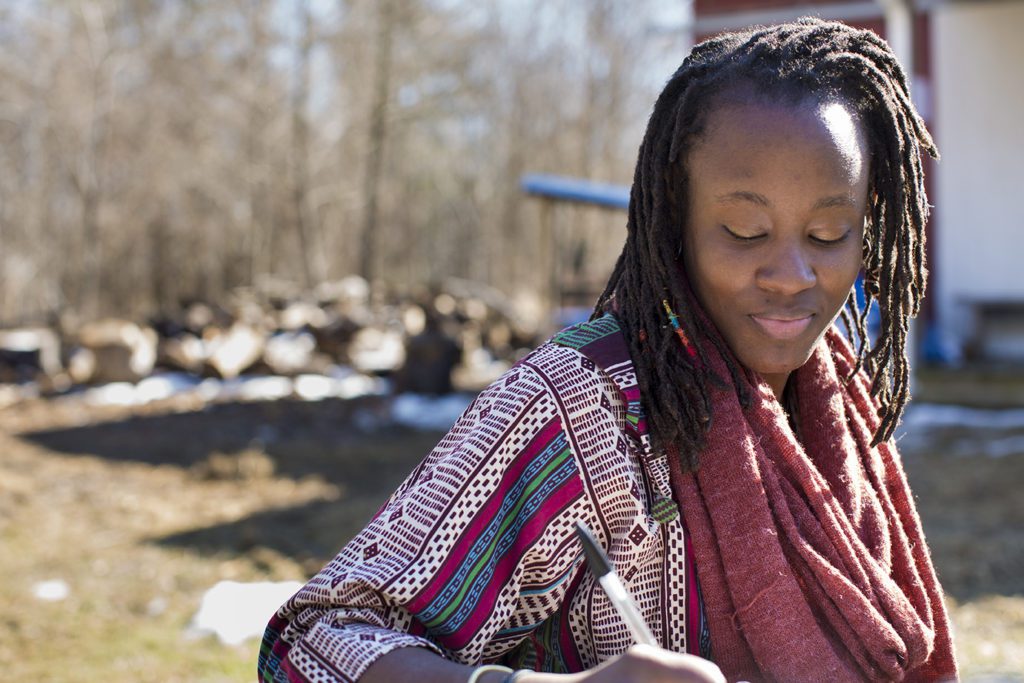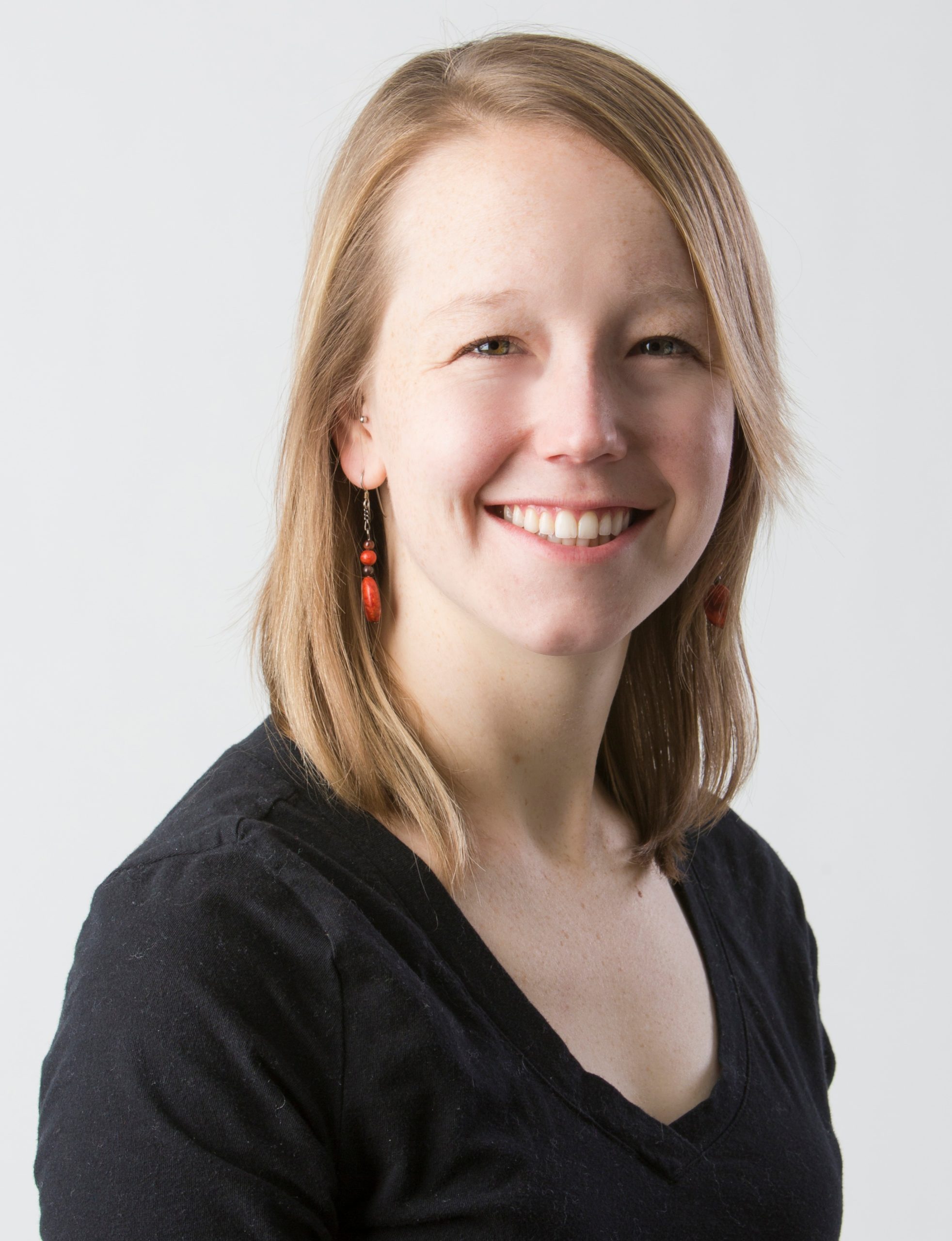Religion
The study of religion is the study of beliefs, practices and texts that have sustained people over time. Our majors encounter the diversity of global and historical religious traditions, and they investigate the ways religion has been used to both bolster inequality and also fight injustice.

Start your adventure
Sign up for more information about Earlham College.
Top job industries for recent graduates include government, politics and agriculture.
Exploring the big questions
Our faculty members are accomplished scholars, whose work helps enrich classes. James Logan’s acclaimed Good Punishment?: Christian Moral Practice and U.S. Imprisonment informs his class Mass Incarceration and Moral Vision, and Rebekah Trollinger’s current book project on Shaker visionaries undergirds her class Prophetic Black Women.
Student-led research
You will have the opportunity to do intensive, interdisciplinary research, such as Celia Carr’s recent honors thesis titled “Toward a Mycotheology,” which brought together her biology and religion majors and asked, how might fungi interdependence help us think differently about our relationship with creation?
Off-campus study
Earlham offers off-campus programs that include Buddhist studies in Thailand and courses related to religion(s) on the India, Japan, China, and Spain programs.

Our faculty
By drawing on the expertise of a range of fields, our faculty demonstrate the diversity and creativity of the study of religion.
Frequently asked questions
The study of religion at Earlham offers you a strong foundation in critical thinking and communication skills. Among the many careers our alumni pursue are social work, law, conflict resolution, counseling psychology, food production and policy, and entrepreneurship in the arts.
Yes! Religion majors are encouraged to consider off-campus study. Learn more about available programs through the Center for Global and Career Education.
Religion majors get excited by thinking deeply about matters of faith and humanity. They are open-minded, critical thinkers who seek to understand the human condition so that they might find ways to better the world around them.
